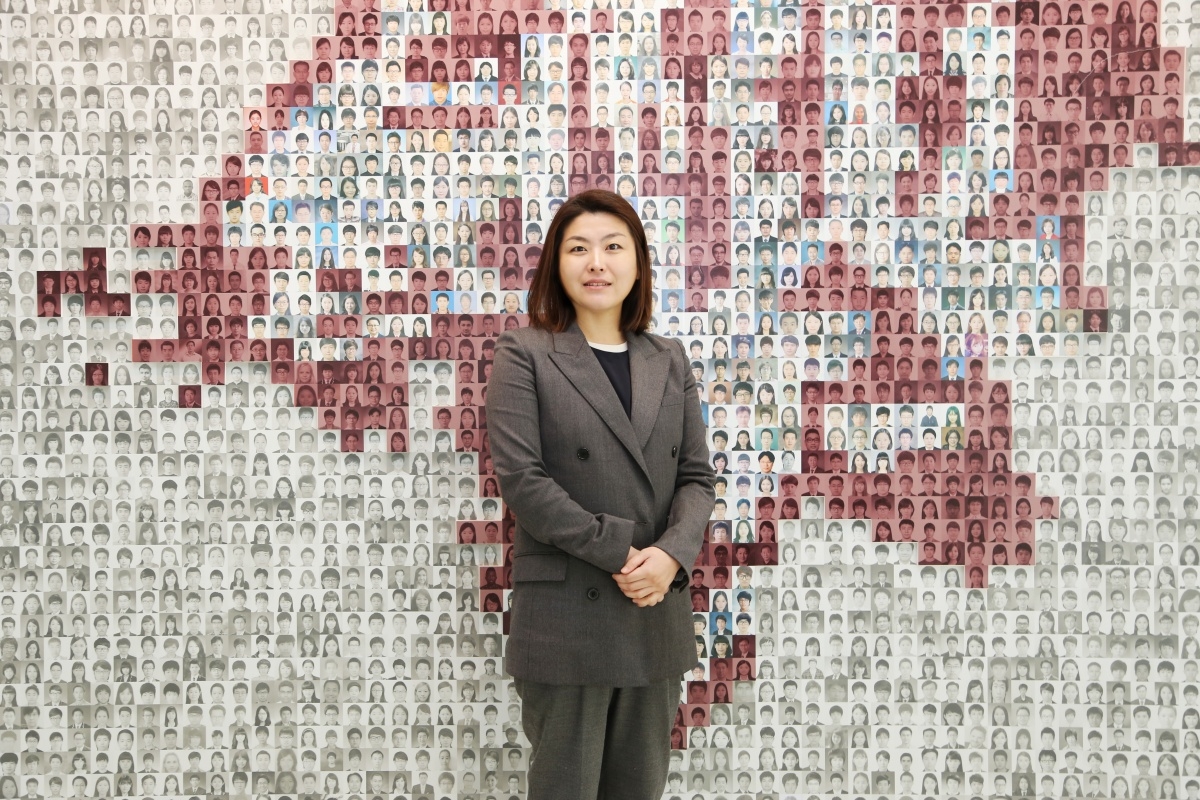News
KUBS News
[Interview with a PhD Holder] “Strong Support from KUBS’s Excellent Research Environment and Network
2018.03.22 Views 4431 경영대학
Interview with a PhD Holder
“Strong Support from KUBS’s Excellent Research Environment and Network”
“Strong Support from KUBS’s Excellent Research Environment and Network”

Dr. Eun-Mi Kim, a PhD holder from KUBS (Academic Advisor=Professor Insik Jeong) has been appointed a full-time academic staff at Pusan National University. Below is the interview held with Dr. Kim.
Q. Could you tell us why you decided to start your postgraduate study?
From my undergraduate years I have always wanted to study postgraduate degree, unlike friends of mine who were looking for job opening at companies. I wanted to work at universities to do my research, hopefully support student’s research one day, and assist student’s career paths as well. I chose International Business based on my undergraduate study and overseas company visit experiences. At the end of the first year of my postgraduate study, I transferred to integrated MS/PhD program to continue my study.
Q. What is good about doing your postgraduate study at universities in South Korea?
I think the best thing about doing your master’s or doctor’s degree in South Korea is the strong network you can build during your study. It gives you a great support like when cooperating on your thesis. Also if you attend conferences, you can meet and network with professors from universities in Korea, which will be a great help in your academic life.
Q. What were the benefits of doing your postgraduate study at Korea University Business School, in particular?
In many ways, actually. First off, I have had brilliant professors I can look up to, both academically and personally. Also KUBS provides the most updated facilities and learning resources available in South Korea. In addition, the School have a range of scholarships available to candidates, some of them offer candidates’ living fee during the study as well. Thanks to the scholarship support I was able to complete my study, putting aside financial issues. The School’s funding for international symposium once a year also gave me great chances to broaden and improve my research.
Q. What was the biggest obstacle you had to overcome during your PhD study? And how did you cope with the difficulties?
I am sure it is the same for all PhD candidates: working on your thesis. As I went through editing, I got more and more skeptical about the whole idea, feeling doubtful. You get afraid of meetings with academic advisors and the academic board, but for me thankfully, they were the ones who gave me the greatest support and help. They encouraged me and gave me useful advice every time I am in trouble. I would like to thank them again.
Q. What do you think was the biggest factor in your appointment as an academic staff?
I would say it’s the research performance. It varies with institutions but generally your performance is determined by quantitative and qualitative assessments. So basically you are good to go, if you could maintain above 300% of your research performance for 3 years, and publish your works on SSCI journal. If you could check Hibrain.net regularly and be familiar with the requirements, you should be able to reach your goal.
Q. Could you give a last advice to undergraduate students who pursue an academic career?
I would suggest you to consider a broad range of career paths, not limited to academic staffs. I know many of you might be comparing the opportunity cost of studying for a long period. However, I can assure you that in the long run you can’t be worse off, because you end up with a career that is stable and allows you to do your own research. I highly recommend you to take a postgraduate degree. I know brilliant professors here are willing to support you during your study.


